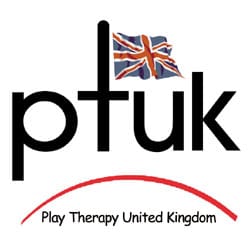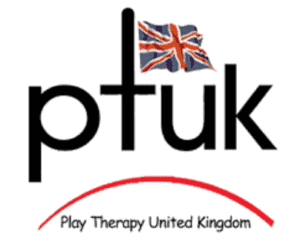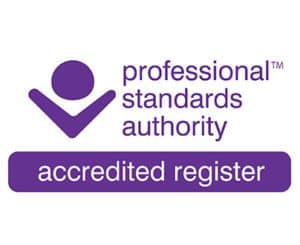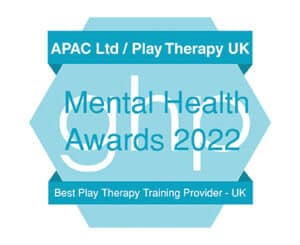PTUK’s Governance & Structure
Play Therapy United Kingdom’s (PTUK) constitution reflects the principles of its founding members:
- A wide range of therapeutic interventions using play or creative arts therapies can be used to benefit children and young people. A qualified practitioner will have taken the Integrative Holistic play therapy course which requires the use of a range of tools including: art, creative visualisations, clay, dance/movement, drama, masks, music, puppets and sand play. Practitioners, working in a variety of settings, including PTUK registrants, can use these interventions safely and effectively if supported by an appropriate professional infrastructure.
- The infrastructure must include a modern ethical system that embodies clinical governance as well as the provision of ethical guidelines, a professional conduct procedure and a register of certified members.PTUK must provide a lead and meet all of the obligations required of a profession.
- The varied needs of the children and young people, their carers, commissioning organisations and users of the therapies, together with the skills, aspirations and resources of potential and existing practitioners, must be realistically accommodated in setting standards of competence and training. The emphasis must be on what a practitioner can do not merely what a practitioner knows.
- The organisation structure must be sufficiently flexible to enable decisions to be taken efficiently and effectively to reflect the needs of the public and practicing members. This will enable innovation to take place and alter according to growth and changing needs. We feel that to be flexible and agile is an advantage over numerous committees or bureaucratic procedures that can hamper progress. We believe that the majority of members are content to be consulted on important issues but do not have the time to be closely involved in decision taking.
PTUK will work collaboratively with any organisation that aims to benefit children and young people.
Our Structure
The Board of Directors is responsible for the strategic direction and day to day operation of PTUK. They are legally and financially responsible for running PTUK.
The Board of Directors considers recommendations from the Clinical Team, which in turn receives suggestions and proposals from PTUK’s Registrants.
The governing documents are the Memorandum and Articles of Association, since the term constitution is not a term which is generally used within the Companies Act 2006 and is not defined generally by the Act. These two documents together form the governance of PTUK. PTUK believes that liberty is an even more important principle than democracy in corporate governance.
PTUK aims to generate sufficient excess of revenues over costs in order to:
- Invest these surpluses in research, development, growth and bursaries.
- Become independent of raising funds through the sale of shares, gifts and donations. It is not currently the intention to work towards charity status.





